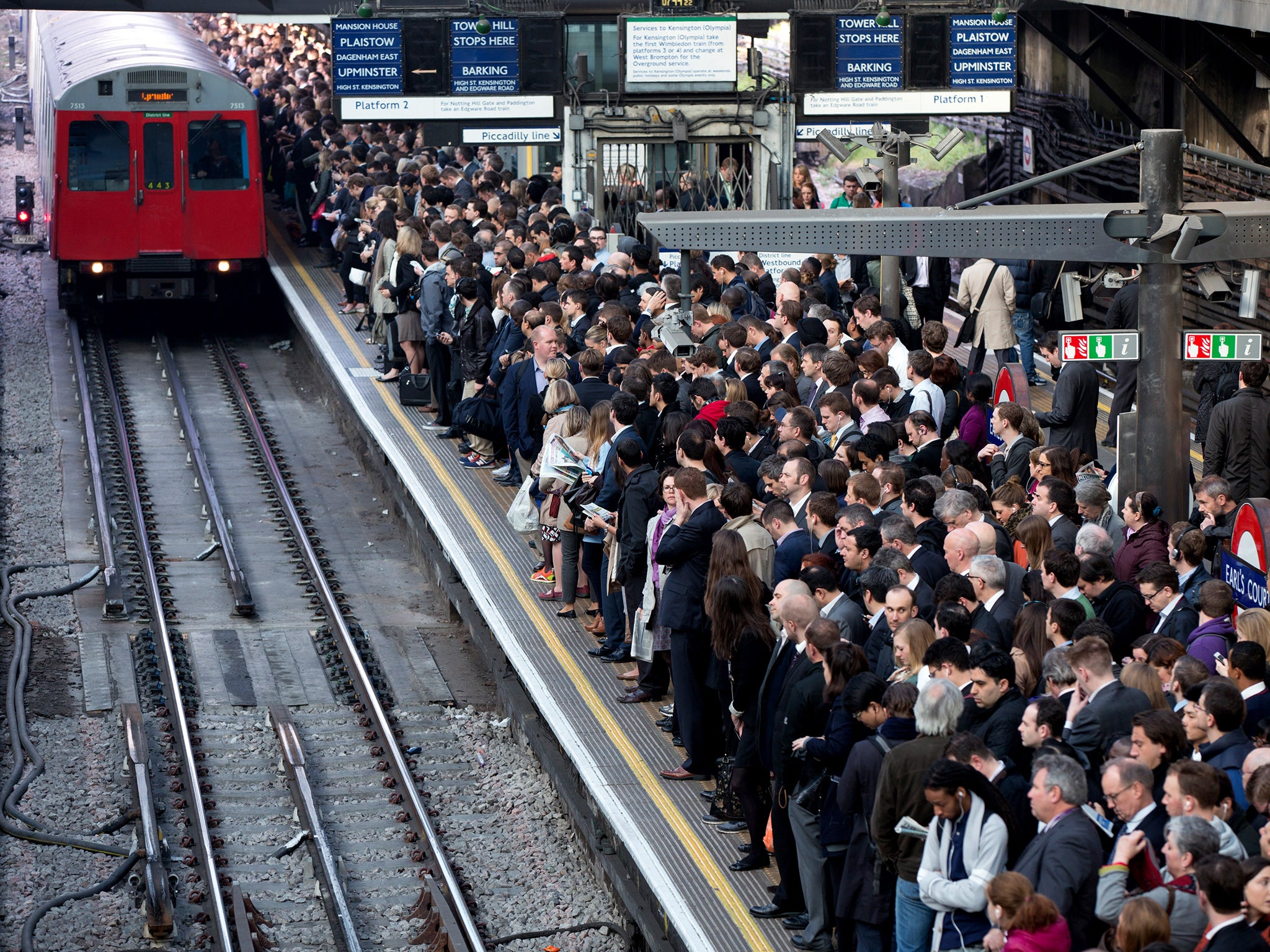Rail passengers 'deserve more in compensation for delays', industry regulator says
The Office of Rail and Road (ORR) wants to raise awareness of what payouts are available

Rail passengers should be given more information on how to claim compensation when services are delayed, the industry regulator has said.
The Office of Rail and Road (ORR) wants train companies to launch a national campaign to raise awareness of what payouts are available following disruption to the network.
It also urged operators to ensure compensation forms are written in "plain English" and staff are given better training to provide information to passengers.
The recommendations were made after consumer group Which? used its powers under the Enterprise Act 2002 to launch a super complaint over the issue in December.
Most train companies offer compensation if services are delayed by at least half an hour, but a survey of almost 7,000 passengers found only a third (34%) of those entitled to a payout made a claim.
Richard Lloyd, Which? executive director, said: "The pressure is now on the train companies to show they can bring about urgently needed basic improvements for their customers."
The regulator must take enforcement action "without delay" when breaches of consumer law and operating licence conditions are found, he added.
ORR chief executive Joanna Whittington said the information given to passengers "needs to be better and the process must be clearer".
The recommendations would "help achieve improvements straight away", she said, warning that the regulator will introduce a strong monitoring regime to ensure the industry is "delivering for passengers".
Transport Focus boss Anthony Smith said some passengers do not apply for compensation due to a "lack of awareness or knowledge of how to claim".
Paul Plummer, chief executive of the Rail Delivery Group, which represents train operators, said the industry is committed to improving the process with measures such as extra announcements on trains, websites and social media.
He insisted that more people are receiving cash payouts for delays.
Mr Plummer added: "There is always room for improvement and we know that we can do more to give our customers an even better deal. We will address all of the regulator's recommendations."
Recent Press Association analysis of ORR figures showed that an average of 57 trains are significantly late every day in Britain.
Some 5,250 trains were between 30 and 119 minutes late from July to September last year.
Train companies received £106 million in 2014/15 for unplanned delays attributed to Network Rail (NR), such as those caused by infrastructure faults, vandalism and bad weather.
But according to the Department for Transport (DfT), figures from 12 operators - including Virgin Trains, CrossCountry and Southern - show a total payout to passengers of just £26 million over the same period.
NR says the payments it makes to train companies compensates them for the "long-term impact of disruption" as it is thought delayed passengers will be less likely to travel by train in the future, which affects revenue from fares.
Press Association
Join our commenting forum
Join thought-provoking conversations, follow other Independent readers and see their replies
Comments
Bookmark popover
Removed from bookmarks